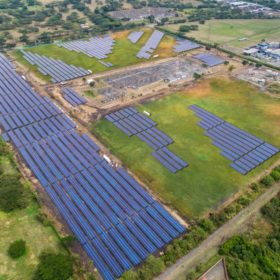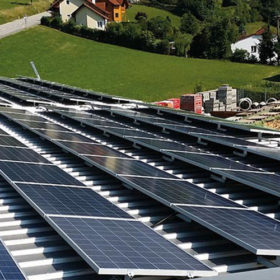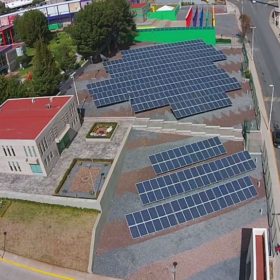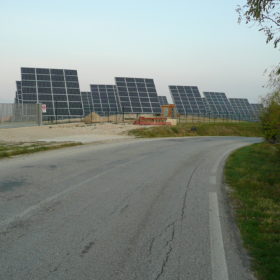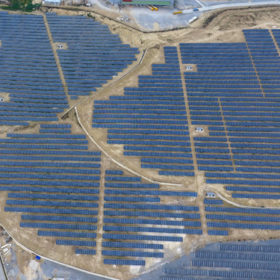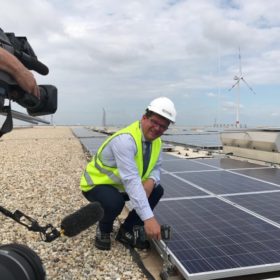Italy’s Eni abandons race to buy RTR
Despite recent efforts to boost its solar energy business, the Italian oil giant has decided not to acquire RTR’s 343 MW solar plant portfolio.
LatAm PV markets see increasing use of green bonds
Colombia’s Celsia is issuing green bonds worth US$145 million to finance its large solar PV project pipeline, while U.K.-based Faro Energy is resorting to clean energy bonds to fund its distributed generation (DG) solar projects across Brazil.
Swiss scientists develop machine learning algorithm to optimize home solar-plus-storage
The research team used real-world energy consumption data from 4,190 Swiss households to analyze how different cost scenarios may influence optimal photovoltaic-battery (PVB) system deployment.
Chad unveils plans for giant solar park
The project, the capacity of which could range between 200-400 MW, is being planned by Dubai-based Almaden Emirates Fortune Power LLC, a joint venture of holding investment company, Emirates Fortune Group and Chinese solar manufacturer, Almaden. If built, the facility will more than double the country’s current power generation capacity, and help reduce energy poverty.
Italy’s Fimer enters string inverter business, plans stock exchange listing
In an interview with pv magazine, managing director of the Italian central inverter specialist, Filippo Carzaniga discusses the company’s new strategy, explains the reasons for the listing. After delivering 1.5 GW of inverters in 2017, Fimer hopes to increase its shipment volume by around 10% this year, to between 1.6 GW and 1.7 GW.
Brazil’s Petrobras enters solar energy business
The Brazilian oil giant has signed a memorandum of understanding with its French strategic ally, Total and its subsidiary, Total Eren to invest in solar and on-shore wind projects in Brazil.
Mexican utility CFE retires protection measures against solar net metering
Without the threat of a hostile attitude from the state-owned power provider, the Mexican distributed generation (DG) market may now continue to be a strong driver of growth in the northern American country.
Italian government challenges Sicily’s moratorium on solar parks
The Italian Council of Ministers said that Sicily’s temporary suspension of all approvals for large-scale wind and solar project is unconstitutional.
Turkey authorizes foreign-currency loans for already approved unlicensed PV projects
The measure is intended to reduce domestic foreign exchange exposure for investors and developers of PV projects up to 1 MW (and solar parks consisting of several 1 MW units). Prior to these new rules, only licensed PV projects exceeding 1 MW in size were granted this kind of financing.
Belgium: Flanders to allow direct lines for solar, RE starting from 2019
A new amendment to the region’s energy law allows enterprises to sell power to one other through the so-called direct line model, starting from 2019.


